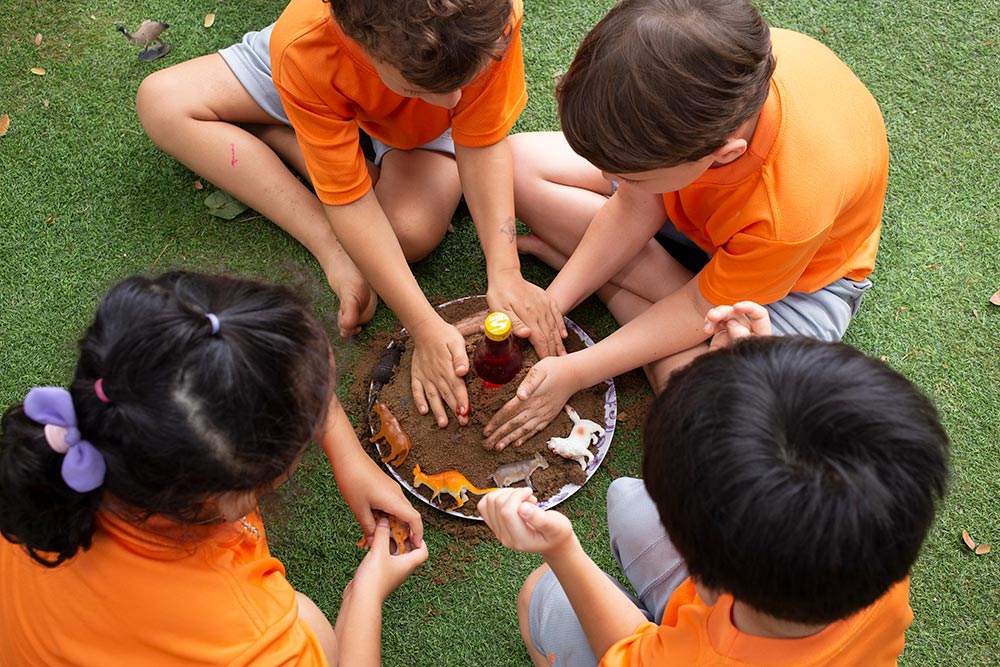
By Michel Thibeault, M.Ed.
Primary School Principal
Panyaden International School
It’s amazing how young children have an irrepressible love for learning. We can see how much young children can learn every day, seemingly without too much effort. Sadly, this enjoyment for learning doesn’t always last, and by the time they become teenagers many students begin to become bored with school or even the process of learning itself. In my years as an educator, I have seen this happen first hand. Wouldn’t it be great if your child maintained this love of learning throughout their entire schooling and adult life?
So why is it that so many children lose interest in learning before they even reach high school? Where do we go wrong?. As a child starts formal schooling, small but important mistakes tend to multiply due to the pressure of performing at the expected level. How we talk to children plays an important role in how they will perceive themselves as learners.

It is possible for parents to contribute to a child’s learning development by changing how we respond to them. Once we understand what it takes to support a child’s appetite for learning, we can then create the conditions to instill a lifelong love of learning. Here are a few tips that will support the development of a growth mindset that can foster this. With such a mindset, your child will be able to face challenging learning situations with confidence and determination.
- Comment on your child’s effort and not so much on the result.
Carol Dweck’s work has clearly demonstrated that telling a child “you’re so smart” or “he always tells the truth” has long term negative consequences. In the child’s mind, “being smart” or “being truthful” is a status she doesn’t want to lose, so they will opt out of tasks they find difficult in order not to lose face or they will never want to admit that they lied!
- Teach your child that intelligence grows with everything they learn
Yes. The myth of a fixed intelligence level received at birth has been debunked already. Brain research has shown that the brain’s plasticity allows it to grow with every new learning experience, literally.
- Help your child enjoy hard work
Highlight the link between putting a lot of effort into a task and the level of pride and satisfaction felt afterward.
- Model trying and failing but not giving up
Children learn from watching adults! Every time they see us learn something new and make mistakes, they notice how we handle it.
- Avoid comparing you child’s achievement to anyone else
What matters is whether your child is making progress or not. So it’s important to help your child see his own progress.
- Foster a relaxed and alert attitude to learning
Stress paralyses. Teach your child to stop and take three deep breaths before attempting an important task. This helps relax the body and the mind. To create a positive mindset, the child could be repeating to himself an affirmative statement such as: “all I have to do is try my best and show what I know.”
- Focus on the process, not the result
It’s important to set goals and to have a clear picture of the general direction we want to go. However, goals require steps and children need to focus on one learning activity at a time if they want to be successful.

At Panyaden, we focus on the development of Chanda and Viriya, the Wise Habits of enjoying learning for its own sake and of persevering with effort. The resulting growth mindset can effectively prepare students to build lifelong learning habits.
